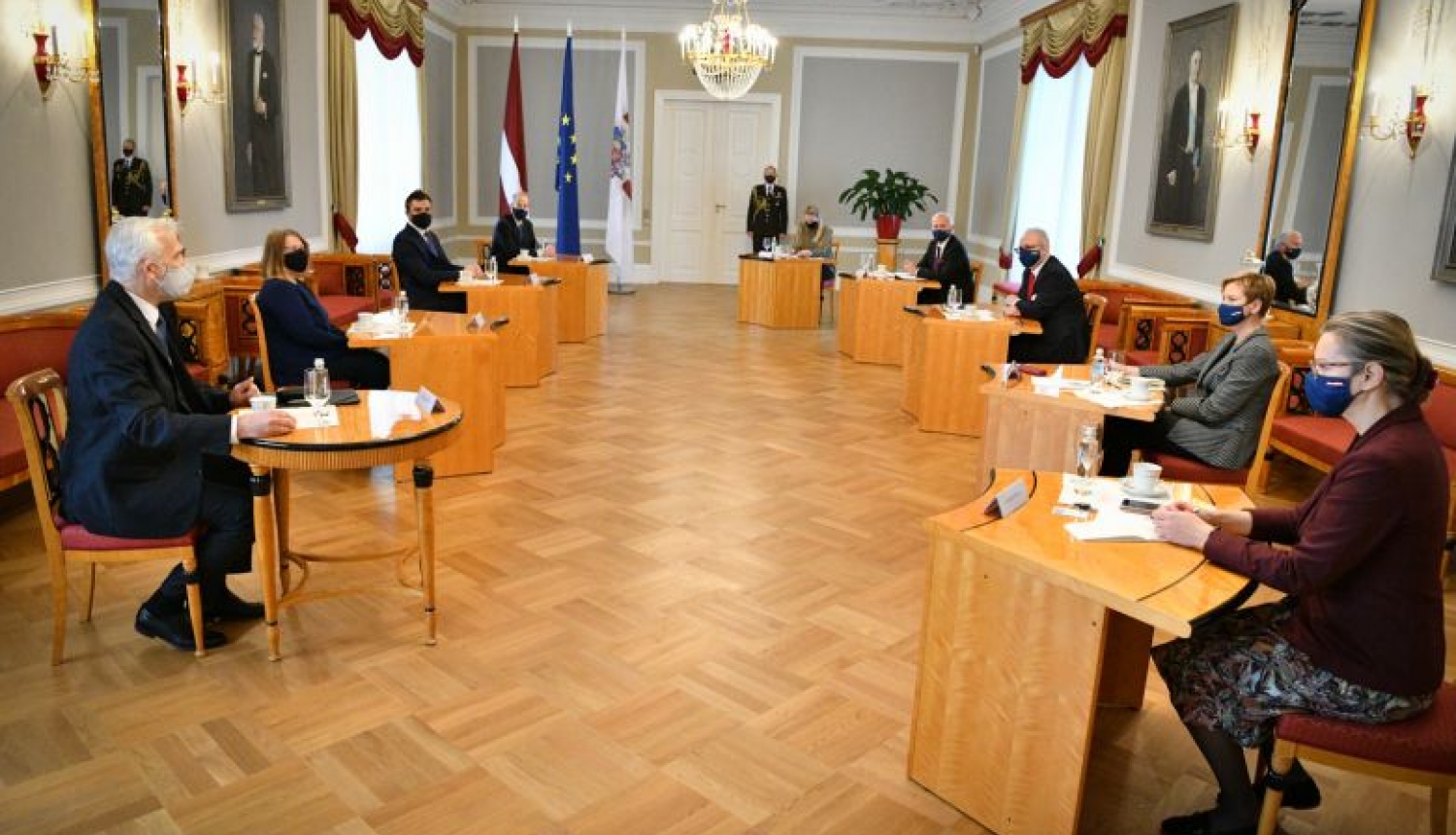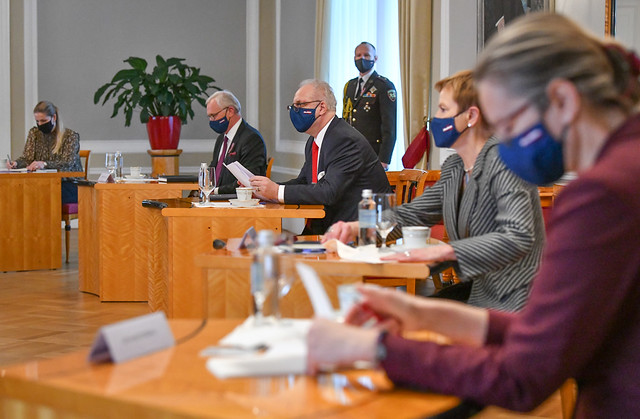Representatives of media sector NGOs expressed their concerns about the proposed model, which might bring several media to a halt from 1 January next year as many of them will fail to provide good and diverse media content that would meet democratic standards. According to NGOs, government has not fully grasped the financial consequences for the sector. There are no fundamental and sustainable media support instruments based on clear long-term vision for the sector and immune to budget discussions that take place each autumn. Ministry experts are currently open to discussion on personal income tax only. They are forgetting that due to subscription cycles media are already selling subscriptions for the next year and will have to factor in new minimum social contributions and higher minimum wage. Other factors like crisis caused by COVID-19 and the slowdown of domestic advertising market, with advertising funds flowing into pockets of global players, will also play its part.
President Levits underlined that according to our constitution, Satversme, government is obliged to support quality media if their financial stability cannot be achieved. Democracies need to promote diversity of views in their information space. Egils Levits concluded after the discussion that government needs to introduce a long-term media support system that would support strong media offering quality content, which is crucial for any democracy. Whereas the main short-term goal is continued dialogue with political parties on diverse typology of media and best models for media and those who receive royalties for their work. Participants agreed that everyone is entitled to social protection and should pay contributions, but any sudden changes in tax system during the crisis should not hurt people’s job prospects, ignore specific needs of various professions and different employment models.





